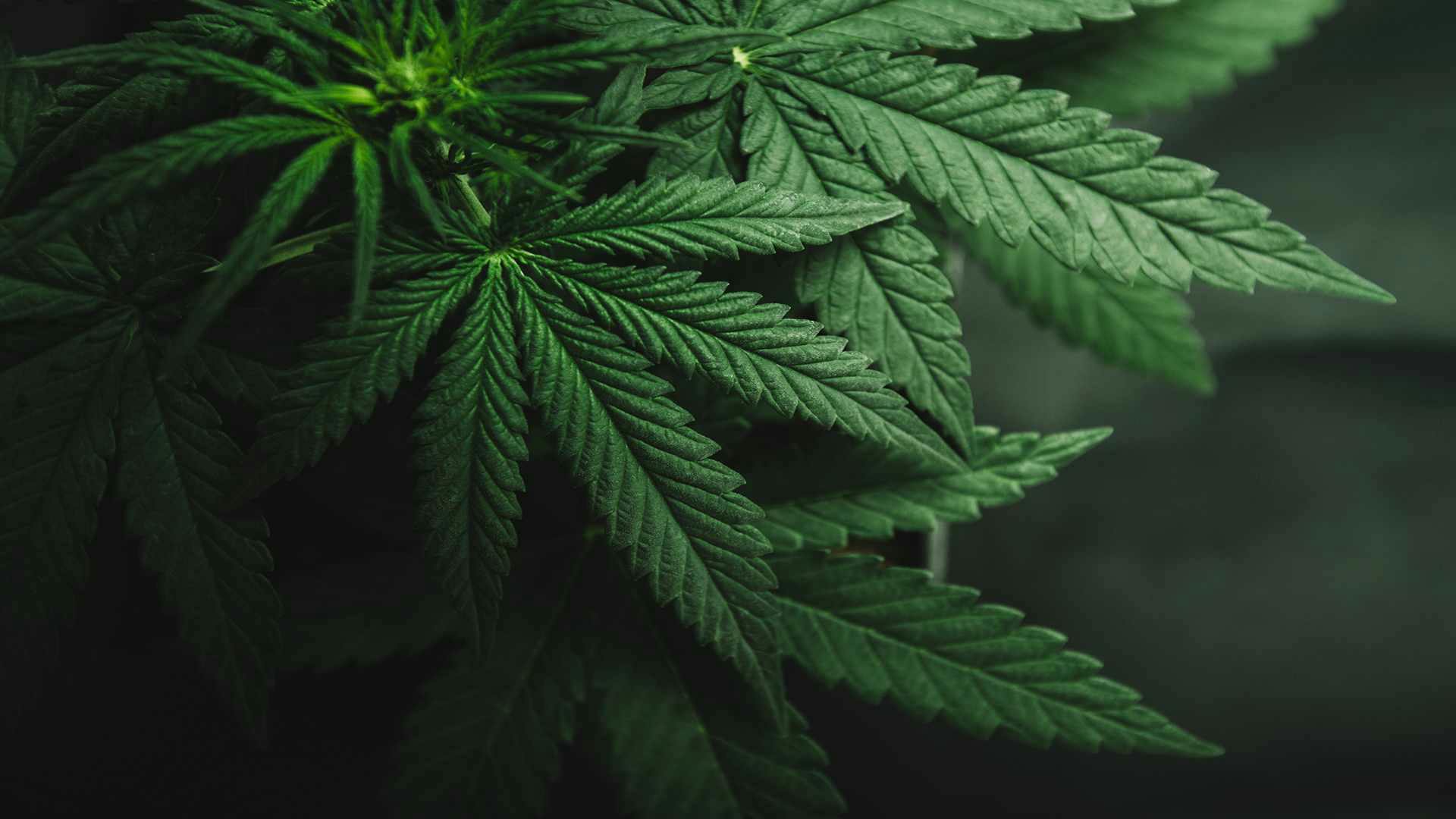Years after GA passed a bill to allow the sale of medical cannabis, patients and businesses are still waiting for next steps
In April, Georgia lawmakers failed to find a compromise on a long-awaited medical cannabis bill that would have allowed businesses to start growing and selling cannabis oil to registered patients as soon as June.
Patients were hoping that House Bill 1425 would move forward by awarding production licenses to six companies by June 7th at the latest. But the bill fell short by one vote.
Medical cannabis use has been allowed in Georgia since 2015. But the state’s 22,000-plus patients are still waiting for licensed companies to begin legally offering their medicine.
For now, a medical card may help if your car smells like weed during a traffic stop, or you have to justify a failed THC test to an employer or probation officer. But not much else.
The state’s Senate and House both approved bills to push things forward earlier this year, but the one-vote shortcoming means another extended delay for access to licensed medical cannabis in Georgia.
“We were promised access and here we are seven years later and we’re still waiting,” said Shannon Cloud of Smyrna, Georgia, to CBS 46 in Atlanta.
Cloud’s daughter, Alaina, has a rare form of epilepsy and cannabis oil provides relief. But her family has no way to legally buy her medicine thanks to the delays. “We never thought she’d be almost an adult before we would get to the point to actually get the oil. It’s crazy,” Cloud added.
Politics as usual
In 2021, the Georgia Access to Medical Cannabis Commission announced the six winners of licenses. The announcement was met with an immediate blowback from many who applied for licenses.
The new measure would have allowed for another three licenses, but did not answer questions about transparency and social equity that stakeholders in many states have for lawmakers and regulators.
Senate Minority Leader Gloria Butler voted against the bill, because she felt it would be counterproductive to pass it while there are still pending lawsuits from businesses who lost the chance of winning a license.
The commission plans to finish hearing 16 protests from losing companies by the end of June, and it could then potentially move forward with awarding licenses to six winning companies.

Patients statewide will be waiting until then, including Chris Brown, National Director of the National Cannabis Party (NCP), a political party registered with the Federal Elections Commission to represent the Cannabis Industry.
“Georgia is in a place where doing right by patients can come at a higher cost to patients, caregivers, and those seeking alternative treatments and therapeutics in the long run,” Brown says, since laws in many Georgia counties can still harshly punish cannabis possession.
The NCP aids and supports registered voters in favor of cannabis by identifying pain points at the community level, and has a seat at the table in Washington on behalf of the entire cannabis industry.
“The appellants, the six awardees, the cannabis commission, and legislators, should continue to plan how to put patients at the forefront of their plans. It is uncertain how we will move ahead before the next session, but you all have our collective interest and faith as Georgia patients; we are watching,”
Chris Brown National Director of the National Cannabis Party
Brown and other advocates want to know more about next steps following the failed bill: “Where does this leave minorities and those still being targeted and criminalized for trying to find relief from the racial trauma and political indifferences that compound issues around quality of life, physical elements, and medical conditions? All this during the pandemic that came amid an opioid epidemic?”
The Atlanta-Metro area has been hit particularly hard by opioid overdoses in the past decade. New studies continue to find that cannabis is beneficial in treating both opioid addiction and the lifestyle factors that can trigger opioid abuse.

Who will step up for Georgia’s pot patients?
Until business licenses are issued, there will be no way for patients to legally access cannabis oil, leaving thousands of Georgians in limbo. Brown and other residents are looking for leaders to step up and act sooner than later.
“This is an election year; we need leaders who can make things happen and have our best interest at the forefront,” Brown said.
Days after the bill failed to pass, Governor Brian Kemp chimed in saying that he will be looking for ways to help jumpstart the program.
“We were very supportive of that. We were in the fight to get something done, but now that the session is ended, we’re still focused on getting the licenses out and going through the process that we originally had,” Gov. Kemp said.
One of nine questions on an upcoming primary ballot from Georgia Democrats asks mid-term voters, “Should marijuana be legalized, taxed, and regulated in the same manner as alcohol for adults 21 years of age or older, with proceeds going towards education, infrastructure, and health care programs?”
The answer is definitely. The real question should be: Will GA lawmakers be able to deliver an adult-use market faster than they’ve been able to provide medical access?









